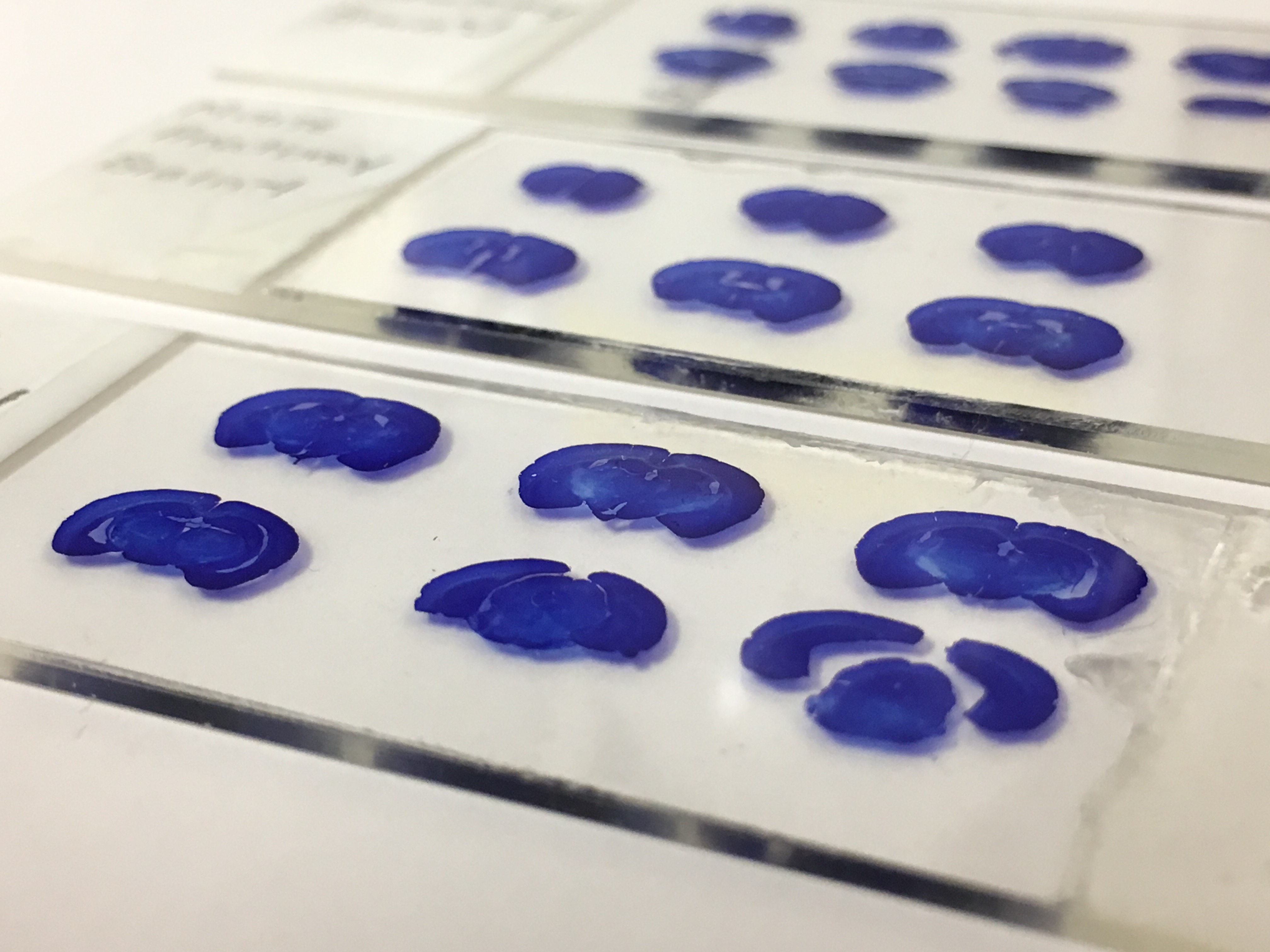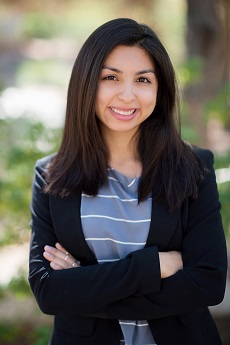
Clinical or Experimental: Which Should I Choose?
by April Contreras
 When I meet someone for the first time, I usually introduce myself as a student studying psychology. This is nearly always followed with questions like, “So, you want to be a therapist?” and “Are you psychoanalyzing me right now?” Sometimes, without hesitation, people even ask me if I’m qualified to counsel their family members. The answer to these questions is, “No, I want to be a research psychologist!”
When I meet someone for the first time, I usually introduce myself as a student studying psychology. This is nearly always followed with questions like, “So, you want to be a therapist?” and “Are you psychoanalyzing me right now?” Sometimes, without hesitation, people even ask me if I’m qualified to counsel their family members. The answer to these questions is, “No, I want to be a research psychologist!”
I wasn’t always able to confidently tell people that I wanted to become a research scientist. Psychologists tend to be portrayed as clinicians or therapists in the movies, so I can’t really blame myself or others for thinking that you could only be a clinical psychologist if you got a degree in psychology.
During my first year and a half of college, I was constantly asked if I knew which clinical psychology graduate programs I was going to apply to. I realized that the time was steadily approaching for me to pick programs and advisors I could see myself working with for at least five years. I spent countless hours searching the internet for a clinical graduate program that I loved, but my searches turned up fruitless every time.
This made me feel unsure about my career path. I was plagued with thoughts like, “Maybe I should have declared a major in something other than psychology. I don’t know if I can be a clinician!” I grew worried that I was doing something wrong. So, I decided to find out firsthand if I was a good fit for clinical work. I volunteered at multiple hospitals and organizations where I would have direct contact with patients. I jumped at any chance to work alongside nurses and psychiatrists and, while I enjoyed learning about the clinical sphere, I just could not envision myself as a therapist or counselor.
This was terrifying! I had conducted my experiment and my results weren’t what I had hoped for. I didn’t want to be a clinical psychologist, but I didn’t want to change my major either. I had to decide on the type of career I wanted to pursue. That’s when I realized that I could learn more about experimental psychology to see if that aligned with my interests. I began considering a research career: I read more research papers and learned about scientists who were conducting high-quality research on topics I loved. Eager to understand and conduct psychological research, I joined Dr. Barchard’s Interactive Measurement Group in spring 2016 and began volunteering in the Hines Translational Neuroscience Group that summer.
In both labs, I quickly became addicted to the feeling I got when refining a research question. However, the two experiences were wildly different. In the Interactive Measurement Group, I developed my own theory about emotional awareness and designed a new psychological test. In the Hines Group, I learned techniques related to neuroscience research and began my own research project. I realized that I loved studying neuroscience! Many psychology classes I’ve taken only dedicate a small portion of lecture to skim through the neurobiological underpinnings of psychological disorders, but with the Hines Group, I was able to take the lead on a neuroscience project of my very own. I couldn’t wait to conduct analyses of my most recent experiment’s data. I wanted to spend nearly all of my time in the lab and so I even went in to do work on the weekends. I had found my niche.
Choosing between clinical and experimental psychology isn’t difficult once you realize that both areas of psychology exist! They are important in their own ways, and you might not know which is best for you until you gain experience in both areas. If you’re experiencing the same struggle, I recommend you volunteer at a clinic, work in a research lab or two, and maybe even shadow clinical or research psychologists. Go on the UNLV website to find information about pre-med clubs at school – that’s probably the easiest way to find a clinician who is willing to speak with a student about their job. If you’re taking a class taught by an experimental psychologist with a lab at UNLV, talk to them in person and let them know that you’re interested in their work. They just might ask you to come to a lab meeting or participate in some experiments. In doing this, you can learn more about both these fields of psychology, understand them, and determine which is best for you.
 April Contreras is a senior at the University of Nevada, Las Vegas. She is majoring in psychology and minoring in neuroscience, and has been a member of the Interactive Measurement Group and the Hines Translational Neuroscience Group since Spring 2016. She plans to go to graduate school to pursue a Ph.D. in neuroscience. Her research interests include the neurobiology of mood disorders, neurodevelopmental disorders, and interneuron function.
April Contreras is a senior at the University of Nevada, Las Vegas. She is majoring in psychology and minoring in neuroscience, and has been a member of the Interactive Measurement Group and the Hines Translational Neuroscience Group since Spring 2016. She plans to go to graduate school to pursue a Ph.D. in neuroscience. Her research interests include the neurobiology of mood disorders, neurodevelopmental disorders, and interneuron function.